Happy Ocean Week, Canada, and World Oceans Day!
It's been a full and inspiring week for me—returning to Tobermory, Ontario, where I first learned to dive, giving Ocean Week live stream presentations to audiences across North America, in Ghana, and Austria, and now heading out to Newfoundland to work on a new documentary for CBC's The Nature of Things. This time, I'll take viewers alongside the massive icebergs that drift down from the north. This is an especially "thick" ice year, prompting important questions about where this ice originates and what it means.
In the Northern Hemisphere, most of the icebergs seen off Canada's east coast originate from the Greenland Ice Sheet. The Ilulissat Icefjord, one of the fastest-moving glaciers on Earth, advances up to 130 feet a day. In just one day, it can calve more ice than New York City uses in water for an entire year. These towering bergs drift across the Davis Strait and often become locked in sea ice around Baffin Island during the winter. Come spring, the sea ice breaks apart, releasing them to float down the coast of Labrador and Newfoundland.
We're diving in Twillingate, a small island community where iceberg tourism—and even iceberg harvesting—is big business. Companies collect this ancient, pristine ice for vodka, beer, and premium bottled water.
But the fact that this is a "thick" ice year is a double-edged sword. It likely indicates a rapid, large-scale breakup of sea ice. The Arctic is warming at a rate unlike anywhere else on Earth. I'll be back in the High Arctic this August, and I fully expect to see open water through the Northwest Passage.
The loss of Arctic sea ice has far-reaching consequences—not just for polar regions but the entire planet. Melting sea ice accelerates climate change by reducing the Earth's reflectivity and increasing heat absorption. This feedback loop contributes to rising global temperatures, altered weather patterns, and disruptions to ecosystems and communities.
Every time I photograph ice, from above or beneath the surface, I wonder: will I live to see an ice-free world? It seems increasingly likely. And how we'll need to adapt to that reality will be profound.
Jill, along with Blue Heron Adventures hosted a special screening of “Diving Into The Darkness” at the Parks Canada theater in Tobermory, Ontario. The showing sold out and the reception was wonderful. After the film, Jill took some questions from the audience. Here is a short audio sample of the Q&A session:
Pssst! Hey! All the content of this newsletter originates in our overworked brains. No AI, GROK, ChatGPT, or any other artificial anything. Those AI tools may be useful in some situations, but we’d rather just chat person to-person with you here. Thanks for subscribing, and please encourage others to sign up too!
If you would like to support our work, please consider a donation at https://buymeacoffee.com/jillrob
Jill got some nice Great Lakes wreck diving in while at Tobermory. The Forest City:
The Arabia:
Diving Into the Darkness is now available to stream on Amazon, Apple and Google Play in North America. Other global markets will open up in the coming weeks!


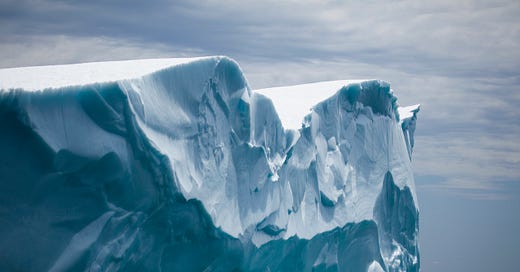


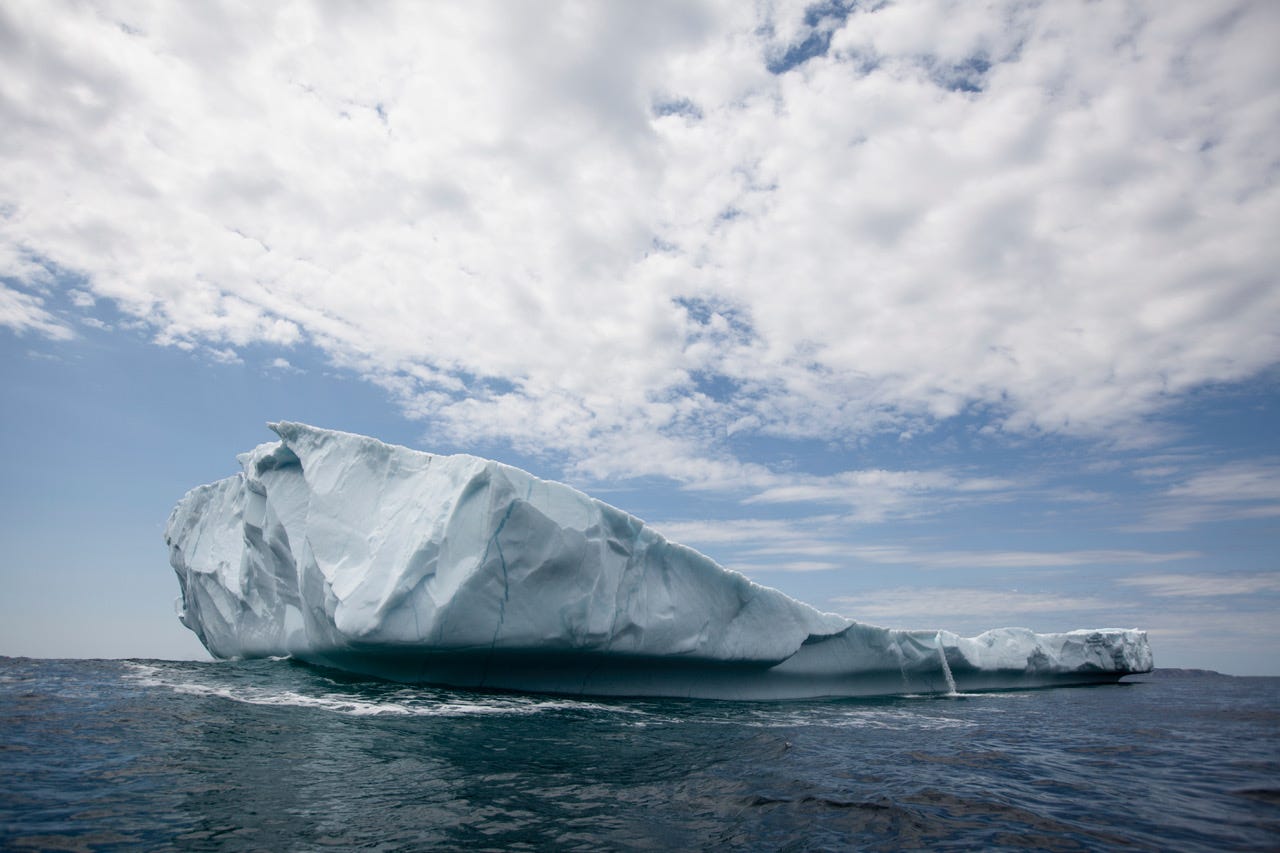
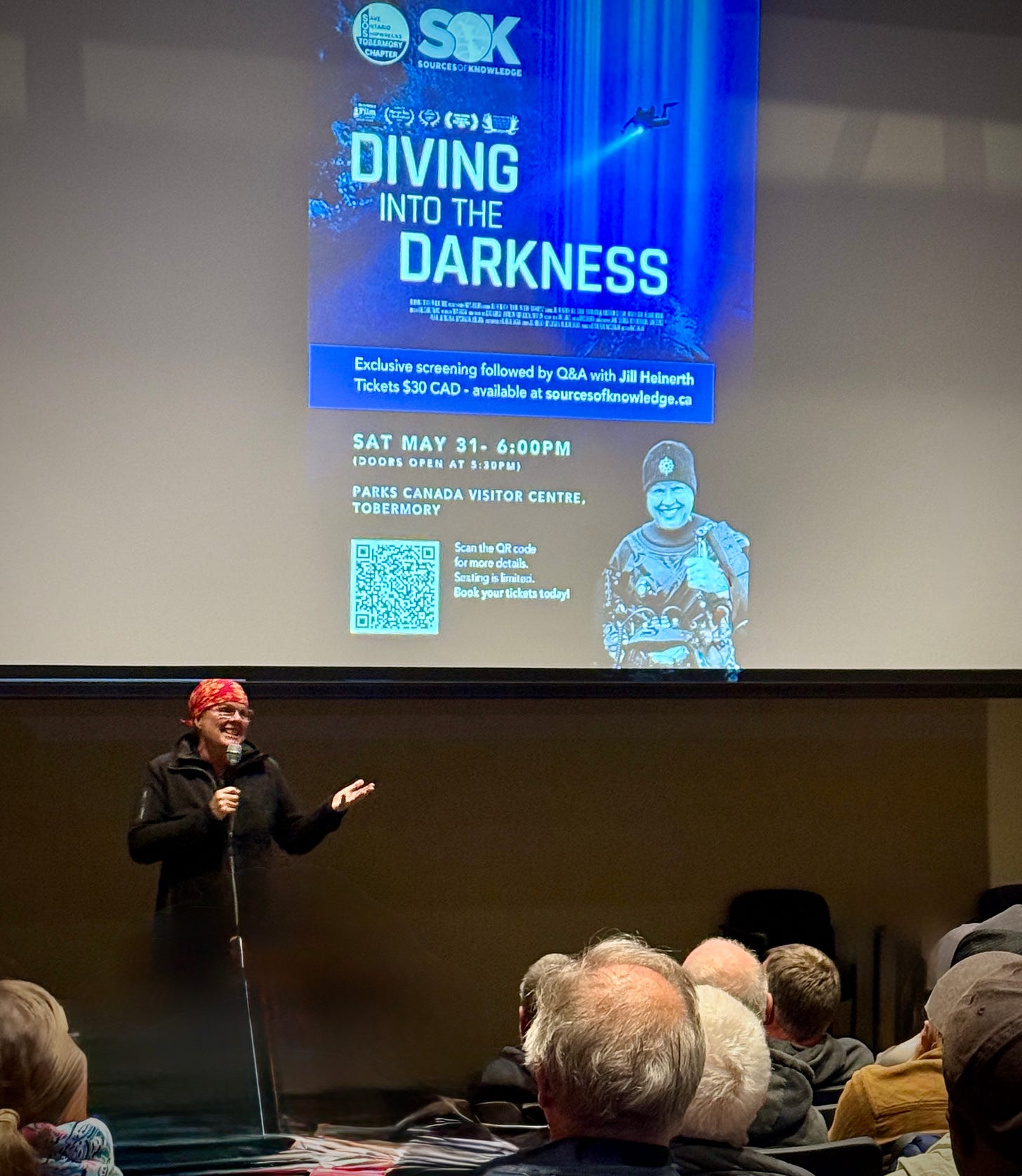

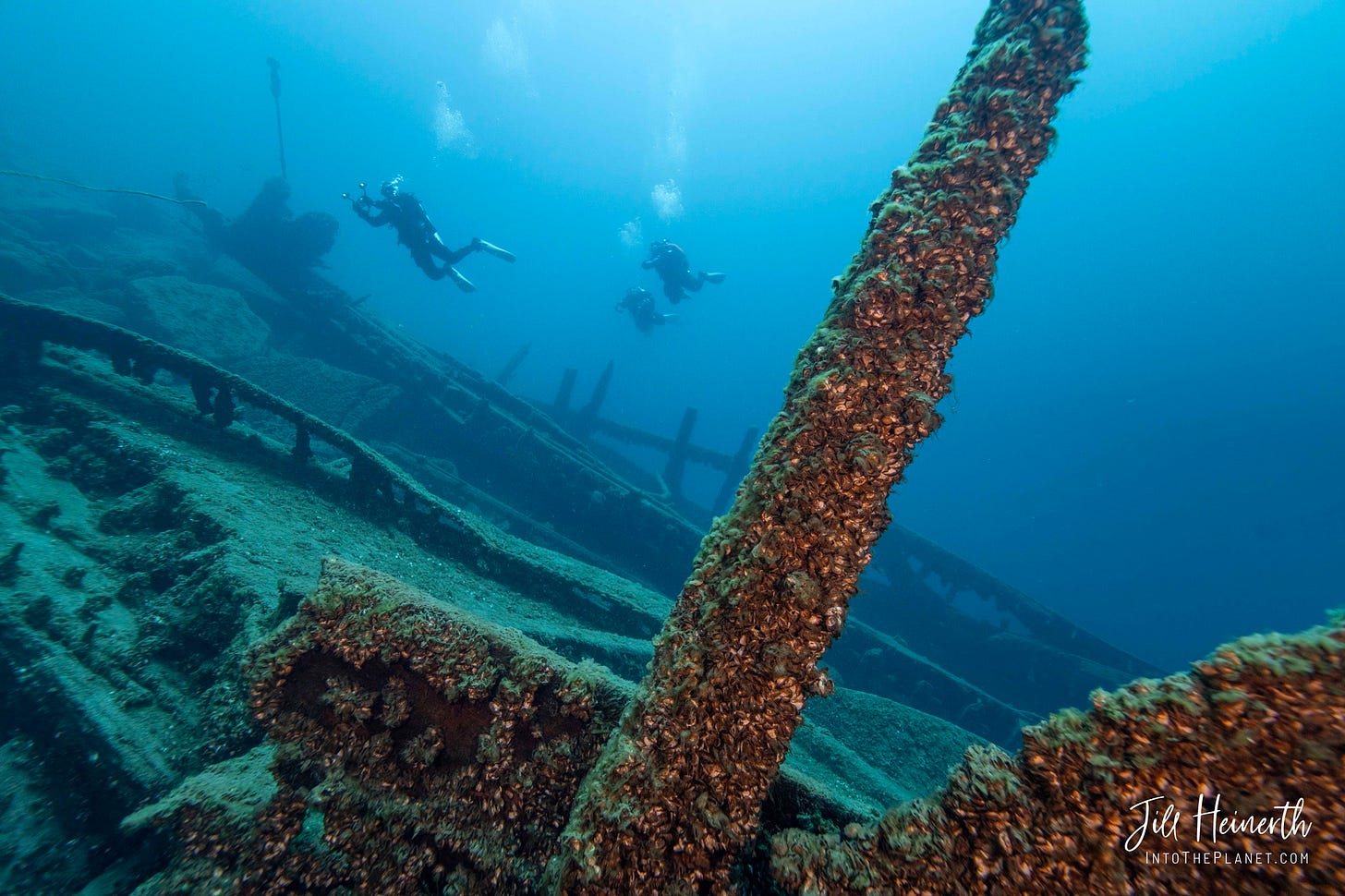
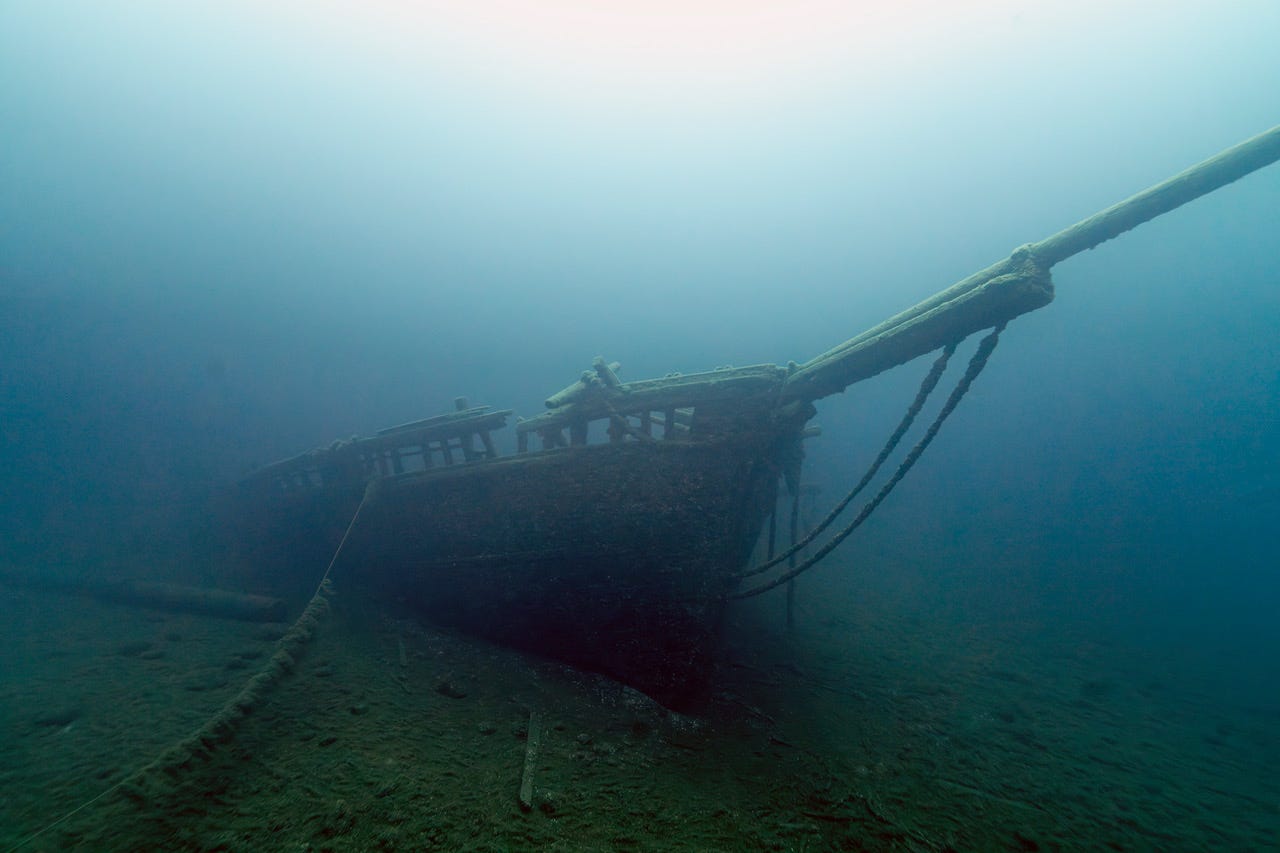
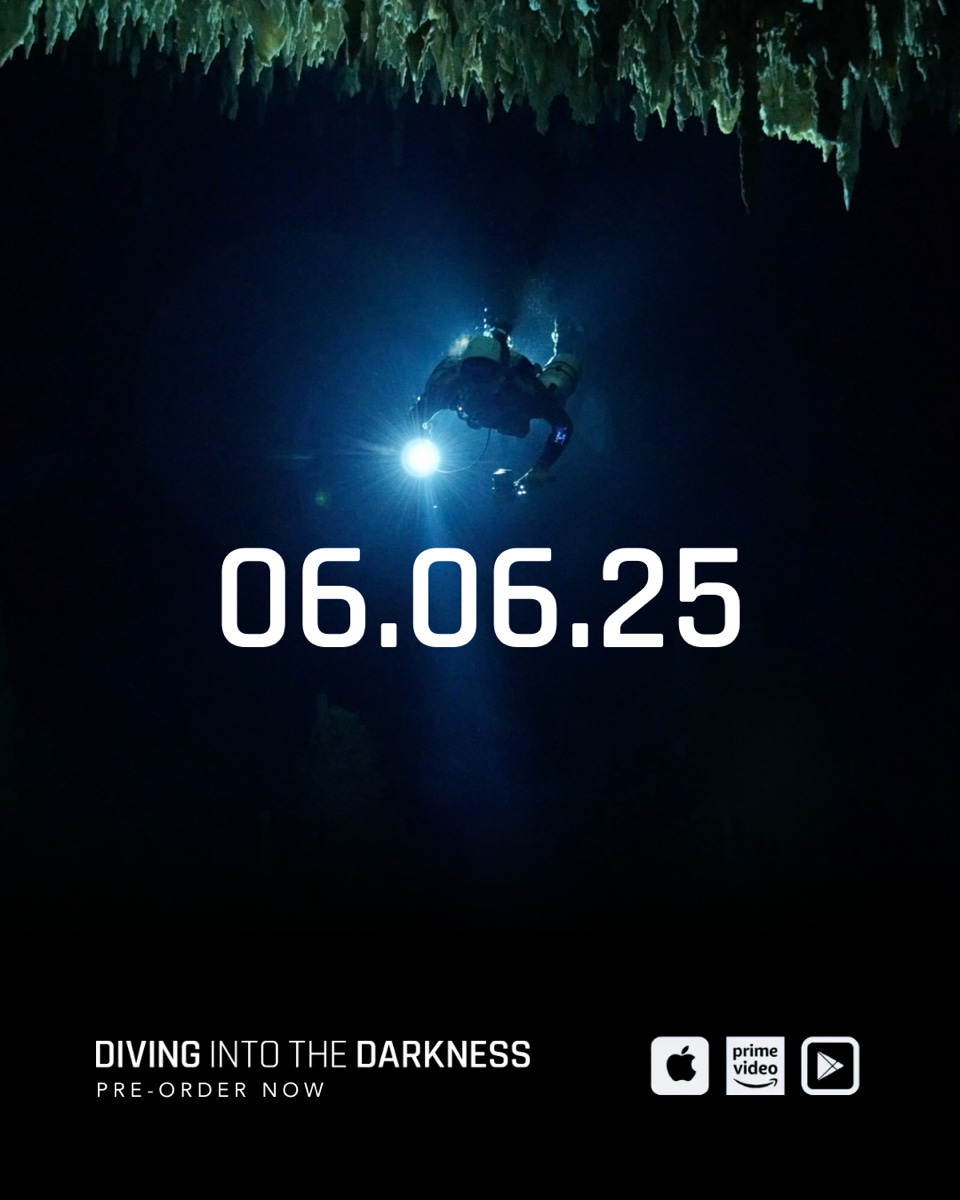
Thank you for bringing perspective! I can’t wait for the documentary! We have a very dynamic planet right now and sometimes it’s difficult to focus on what is the most important thing to focus on. You have a great way to bring focus on the big picture! I hope you have an amazing time!
It's always so interesting to read what you are up to, Jill. Thanks for keeping us up to date.